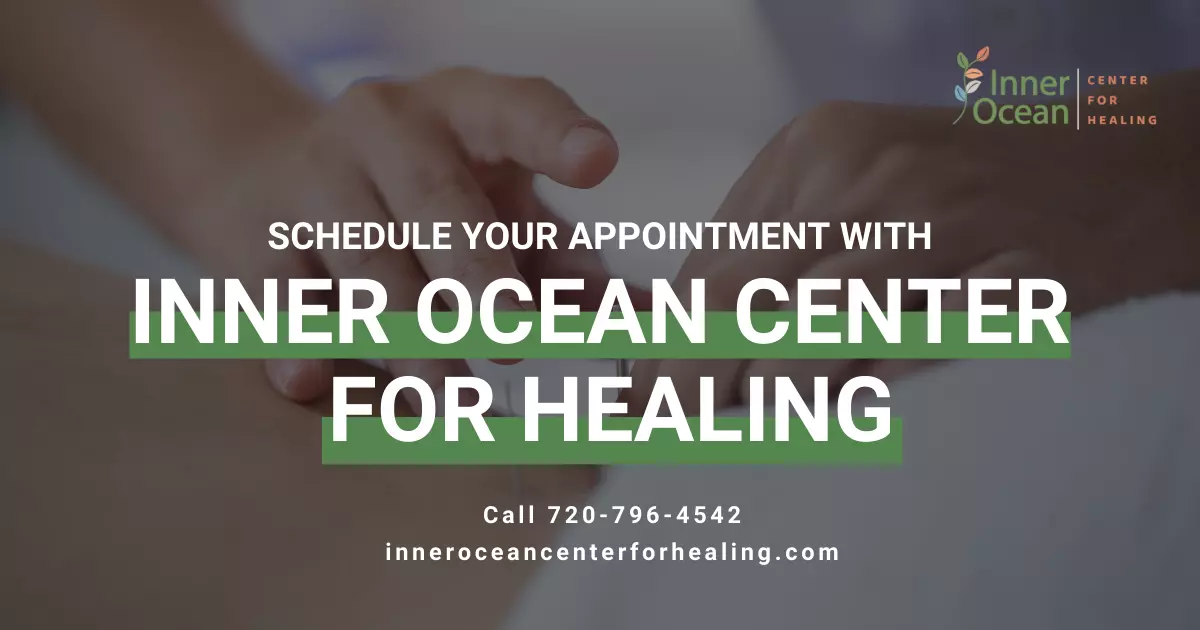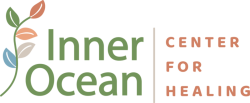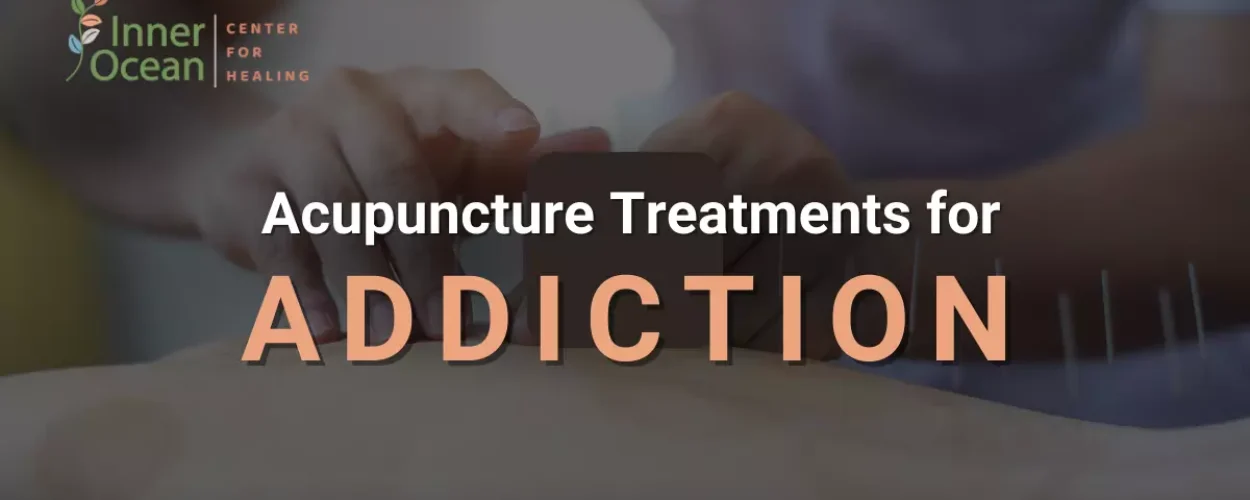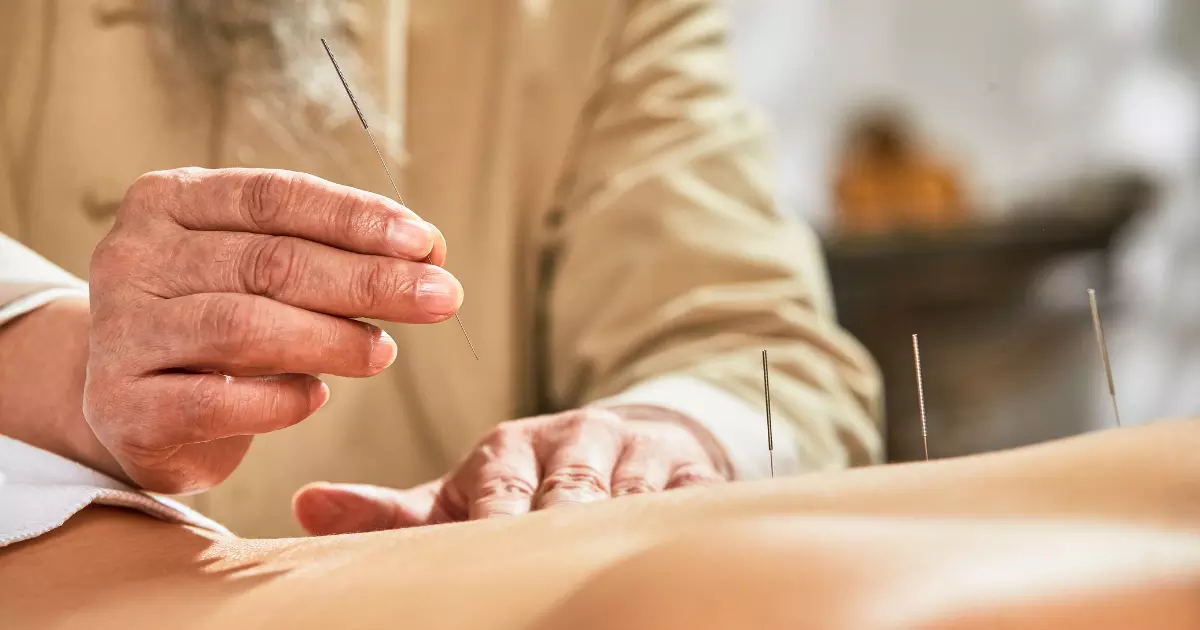Are you or someone you care about battling alcoholism or other substance abuse issues? Acupuncture treatments for addiction can help patients deal with the psychological and emotional components of recovering from substance usage and the physical signs of alcohol withdrawal. Traditional Chinese Medicine (TCM) treatment can help with alcoholism, drug addiction, and other disorders, including food addiction or difficulties with porn addiction.
SUDs, or substance use disorders, are a major global health issue. According to estimates, more than 20 million Americans struggle with a drug or alcohol addiction. Although anyone can become addicted, young people are particularly vulnerable to substance abuse. When teenagers and young adults start taking drugs or binge drinking, it can seriously harm their brain development and raise the possibility that they will become alcoholics or addicts.
The number of people severely dependent on prescription painkillers or purposefully abusing opioid drugs like fentanyl or Oxycontin has substantially increased in recent years due to the surge in opioid use. Opioid medication addiction can develop quickly in people. One of the leading causes of death in the United States is accidental overdose, a factor in the recent drop in the average life expectancy.
To get clean and heal physically and emotionally from a substance use disorder, however, you will likely require some treatment and support system if you know you have a significant problem with addictive behaviors.
The Anatomy of Addiction
Understanding Addiction: What is it?
Addiction is a complex, multifaceted disorder characterized by an uncontrollable compulsion to engage in addictive behavior, despite the potential adverse effects. It involves the abuse of drugs or alcohol, substances with addictive qualities that significantly alter the functions of the human body. Importantly, addiction is not a manifestation of weak willpower or moral failure but a chronic illness that demands effective treatment strategies.
Neurological Changes in Addiction
Addiction significantly influences the brain’s neurotransmitter systems, involving dopaminergic neurons and other critical components. The normal functioning of these systems equates to a well-regulated traffic system; introducing an addictive substance induces a ‘traffic jam.’
This alteration triggers drug-seeking behavior, cravings for drugs, and cue-elicited drug craving, whereby the brain’s responses, specifically within the cingulate cortex, insular cortex, and prefrontal cortex, are substantially modified. Consequently, the brain’s stress systems are altered, culminating in a powerful urge to consume the addictive substance, even when the harmful effects are known.
How Addiction Affects You
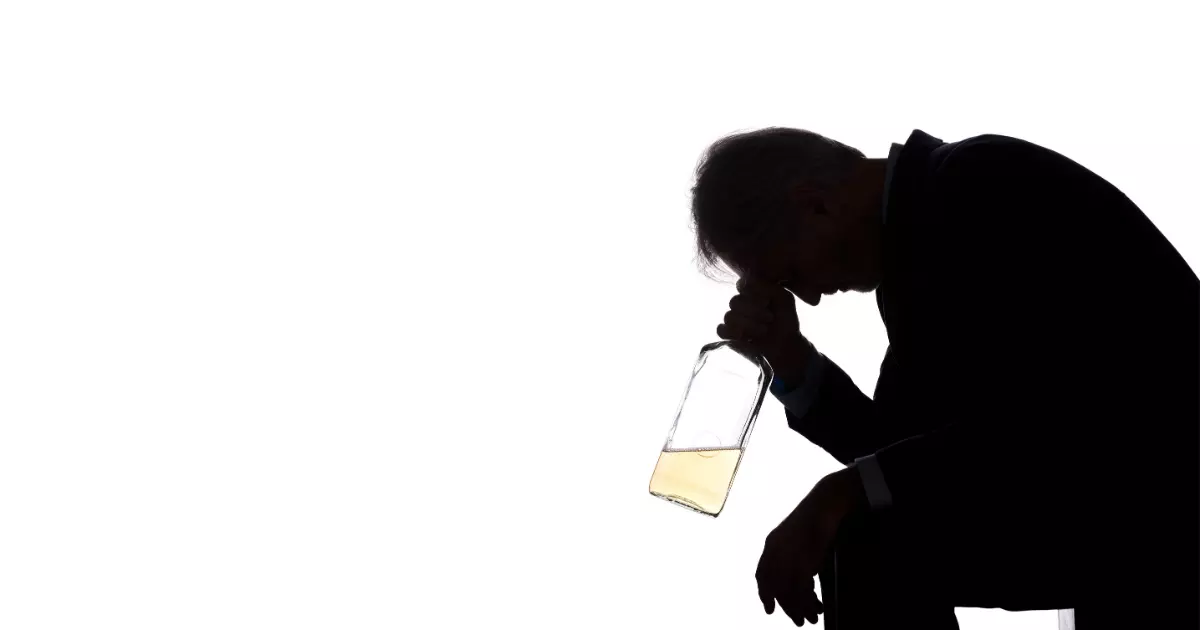
Physical Health
Physically, addiction triggers many complications, including drug withdrawal symptoms and, in the case of alcohol abuse, distinct alcohol withdrawal symptoms. These complications emanate from the activation of mechanoreceptors, a significant part of the detoxification process for patients with substance use disorders.
Mental Health
Mental health disorders are often intertwined with addiction, presenting a complex interplay that complicates recovery. Clinical studies indicate a positive correlation between addiction and several psychiatric diseases, illustrating the need for comprehensive mental health treatment within addiction recovery programs.
Emotional Health
Emotionally, addiction triggers a wide array of responses, including anxiety-like behavior and an overall deterioration in the quality of life. The temporary sense of calm derived from an addictive substance often exacerbates the addiction cycle, heightening the urge to consume the substance.
Understanding the anatomy of addiction is instrumental in seeking help from effective addiction treatment programs. Subsequent sections will delve into acupuncture for addiction, a complementary therapy that is an adjunct treatment in addiction treatment programs. When combined with other therapies, this alternative medicine can help restore balance and contribute to a higher quality of life. Acupuncture for addiction has proven efficacy and plays a crucial role in the holistic treatment of addiction.
Acupuncture Treatments for Addiction
Chinese medicine and alcohol have been associated for many years. We have evidence of the usage of alcohol for its aesthetic qualities and therapeutic preparations dating back to 1600 B.C. But alcoholism issues are also a long-standing problem in Chinese culture, which is why TCM has created remedies to support people in reducing their alcohol intake.
According to TCM theory, drinking too much alcohol throws off the Yin and Yang balance and causes the body to overheat. In conventional medicine, the liver’s effects of alcohol consumption are frequently discussed. According to TCM, binge drinking strains the stomach and spleen and promotes the growth of dampness. As a result, acupuncture for alcohol addiction often focuses on strengthening the stomach and spleen while eliminating heat and moisture from the organ systems.
Read also: Acupuncture Therapy: Your Path to Health and Balance
TCM treats substance use disorders holistically, which means we pay attention to the emotional, mental, and spiritual issues related to addiction and physical withdrawal symptoms.
Most drug or alcohol dependence occurs in persons already going through some emotional struggle or mental health condition. When the substance is removed, those emotions surface again and demand attention. The anxiety and depression that many people experience when they stop drinking or using drugs are debilitating.
Because they are not ready to discuss the trauma that precipitated their anxiety or depression, some people may avoid 12-step programs, A.A. meetings, alcohol rehab, drug addiction facilities for substance use disorders, or one-on-one talk therapy. Without getting into these topics, acupuncture treatment can significantly benefit anxiety and despair.
TCM’s Approach to Addiction
Traditional Chinese Medicine and acupuncture treatments for addiction recovery are helpful in the following ways:
- Detox –TCM has a long history of actively attempting to rid the body of poisonous chemicals to enhance physical and mental health. Combining Chinese herbs is a highly effective method for detoxing from all types of drugs. An internal (as a tea or capsule) and external (as detox patches) application of herbs are used in a TCM detox treatment program to pull toxins from the body and provide a thorough cleansing for the liver and other organ systems.
- Reduces Cravings: Using auricular acupuncture and applying pressure to acupressure points on the head and ears for cravings can be pretty successful, regardless of whether the issue is food, alcohol, nicotine, opioids, or some other behavior, such as partaking in porn. Acupuncture has been proven effective in treating withdrawal symptoms from opioids and heroin and preventing relapses.
- Mental Health: Acupuncture patients being treated for addiction said it gave them more faith in quitting. The harmful consequences of stress and anxiety are reduced with acupuncture.
- Sleep Help: Many people first turn to drugs because they struggle to fall asleep. People who stop drinking and using drugs may experience restlessness and insomnia. People can benefit significantly from acupuncture to unwind and have better, longer-lasting sleep.
- Pain Management: Chronic pain can often lead to dependency on opioids and other pain-relieving substances, creating a vicious cycle of pain and addiction. Acupuncture, a key component of TCM, is renowned for its effectiveness in managing pain. By targeting specific points in the body, acupuncture can alleviate pain, reduce inflammation, and promote natural healing. This non-invasive, drug-free approach to pain management can be a vital part of an individual’s recovery journey.
- Restoring Balance: In TCM, health is perceived as a balance of energies – the yin and the yang. Addiction is viewed as a disruption of this balance. TCM, through acupuncture and other therapies, seeks to restore this equilibrium. By targeting specific points, known as meridians, acupuncture can help to regulate energy flow, restore balance, and promote overall well-being. This harmonious state can significantly bolster an individual’s resilience and capacity to overcome addiction.
According to studies, electro-acupuncture and auricular acupuncture help lessen cravings and ease anxiety associated with quitting drinking. Neurotransmitters like dopamine and serotonin, which are involved in the brain functions that make some narcotics so addictive, have been demonstrated to be affected by acupuncture.
Combining Acupuncture with Other Treatment Methods
From popping pills to behavioral therapy, treating addiction can seem daunting. There’s good news, though! Many people are finding relief in the age-old practice of acupuncture.
Acupuncture for addiction has emerged as a powerful component of addiction recovery, working as an adjunct treatment alongside traditional methods. Let’s unpack why this ancient healing method creates such buzz in the modern world.
The Benefits of Using Acupuncture as a Part of an Integrative Treatment Plan
The blend of traditional and alternative therapy provides a well-rounded approach to battling addiction. Acupuncture, a significant part of this mix, offers some exclusive benefits:
Soothing withdrawal symptoms
People often grapple with anxiety-like behavior, drug cravings, and alcohol withdrawal symptoms while in recovery. The good news is acupuncture therapy has been found to quell these distressing experiences. It is believed that the gentle pricks of acupuncture needles stimulate the activation of mechanoreceptors, calming the brain’s stress systems.
Promoting relaxation and a positive mindset
One of the key benefits of acupuncture is its capacity to instill a sense of calm in patients. Studies, like those published in the Journal of Alternative and Complementary Medicine, have suggested that regular acupuncture sessions can help manage psychiatric disorders that often accompany substance abuse.
Reducing relapses
Have you ever heard of cue-elicited drug cravings? It’s when a recovered addict is exposed to something that triggers the memory of substance use and sparks an intense desire. Luckily, acupuncture, particularly auricular acupuncture (ear acupuncture, by the way!), has shown promise in reducing such drug-seeking behavior.
Overview of Other Treatments Often Combined with Acupuncture
Acupuncture for drug addiction is an effective tool, but it doesn’t work in isolation. It’s typically paired with other treatments to form a comprehensive plan, providing the best defense against the pesky beast that is addiction.
Counseling
A mainstay of any recovery process, counseling addresses the mental health aspects of addiction. It works in synergy with acupuncture, providing the behavioral evidence necessary for assessing the effectiveness of acupuncture. A study in the Journal of Traditional Chinese Medicine found a positive correlation between acupuncture and reduced rates of anxiety and depression in patients with substance use.
Medication
Yes, you read that right. While acupuncture stimulates the body’s natural painkillers, sometimes medication is required to manage severe withdrawal symptoms or co-occurring mental illness.
But here’s the thing: when medication is used alongside acupuncture in addiction treatment, it tends to be more effective. Consider acupuncture making the body more receptive to medicine, like a gardener preparing the soil for seeds.
Support groups
Ever heard the phrase “strength in numbers?” That’s what support groups offer – collective strength. Institutions like the National Acupuncture Detoxification Association provide safe spaces for people to share their experiences and gain strength from each other.
And guess what? Pairing this community support with acupuncture is a potent combo in the fight against addiction.
To wrap up, acupuncture’s role in treating drug addiction is not to replace but rather to enhance traditional methods. Think of it as your secret weapon, one that’s been tested and refined over centuries.
Acupuncture for Addiction at Inner Ocean Center for Healing
Our Unique Approach
At the Inner Ocean Center for Healing, we aim to empower individuals on their journey to recovery from addiction. We believe in the transformative power of acupuncture for addiction, a treatment rooted in traditional Oriental medicine.
Our approach is unique. We understand that addiction affects more than just the body; it also impacts the mind and soul. Our acupuncture sessions are designed to counter abused drugs’ harmful physical effects, restore balance to brain neurotransmitter systems, and alleviate anxiety-like behavior often associated with addiction.
Types of Acupuncture Used
We utilize both body and auricular acupuncture, a specialized form of acupuncture focused on the ear, which is highly beneficial in addiction treatment. It’s not uncommon for our patients to report decreased cue-elicited drug cravings after sessions, providing a positive correlation between acupuncture and reduced addiction symptoms.
Meet Our Team
Our dedicated acupuncturists are skilled professionals with a deep understanding of the central effects of acupuncture in addiction treatment. They’re proficient in HT7 stimulation and EA-like stimulation, methods of acupuncture known for their therapeutic effects on the cingulate cortex and insular cortex, regions of the brain deeply connected to addiction.
Book a Session
So, why not take that leap of faith? Book a session or consultation with us. Discover how acupuncture could be a powerful component of your addiction recovery journey.
Making a Decision Involving Acupuncture
In essence, acupuncture for addiction offers a holistic and effective alternative treatment for those struggling with substance use. It targets addiction’s core physical, neurological, and emotional challenges, providing relief and aiding recovery.
If you’re battling addiction, we encourage you to consider acupuncture as part of your mental health treatment. Evidence for acupuncture’s efficacy is growing, with clinical and animal studies indicating its potential to influence brain response to drugs.
Remember, every journey starts with a single step. And that step could be as simple as trying a different path, like acupuncture.
Inner Ocean Center: Acupuncture Treatments for Addiction
Ready to take that step? Schedule your appointment with Inner Ocean Center for Healing for more information on acupuncture for drug addiction. Our team is here to guide you through your journey to recovery.
Know someone who might benefit from this information? Don’t hesitate to share this article with them. After all, the first step toward recovery is awareness. Let’s spread the word about the potential of acupuncture in treating drug addiction. Together, we can make a difference.
